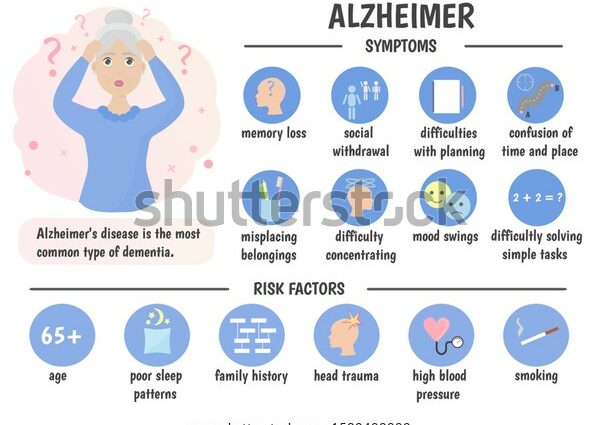Contents
Symptoms, people at risk and risk factors for hypotension
Symptoms of hypotension
- Dizziness
- A feeling of weakness
- A blurred vision
- Nausea
- Increased heart rate
- Fainting or fainting
People at risk
- Seniors. With age, the walls of blood vessels become more rigid, and baroreceptors, less sensitive to pressure changes in the arteries.
- Pregnant women. It is normal for blood pressure to drop during pregnancy, even if the overall blood volume increases. Certain hormonal factors cause the muscles of the arterial and venous walls to relax, which can lead to transient hypotension.
- People with heart problems. Many heart attacks or a diffuse disease of the heart muscle (cardiomyopathy, myocarditis) can prevent the heart from pushing blood to sufficient pressure.
- People with varicose veins important because a large amount of blood can stagnate in varicose veins.
- People with diabetes resulting in complications of the autonomic nervous system.
- People with diseases that affect the nervous system, such as Parkinson’s disease, Guillain-Barré syndrome (rare acute neuropathy), multiple sclerosis and Shy-Drager’s disease (rare neurodegenerative disease), or having suffered from stroke.
- People suffering frominsufficiency of the adrenal gland or who have suddenly stopped prolonged treatment with cortisone.
Risk factors
- Consumealcohol increases the risk of hypotension in people who are already debilitated. Alcohol dilates blood vessels and causes urination, which causes dehydration and lowers blood pressure.
- The hypotensive effects ofalcohol and cannabis (marijuana) may add up and cause severe and prolonged hypotension in some people.
- Many pharmaceuticals may cause hypotension, including antihypertensives, diuretics, vasodilators, neuroleptics, anxiolytics, hypnotics, antidepressants and nitrates.










